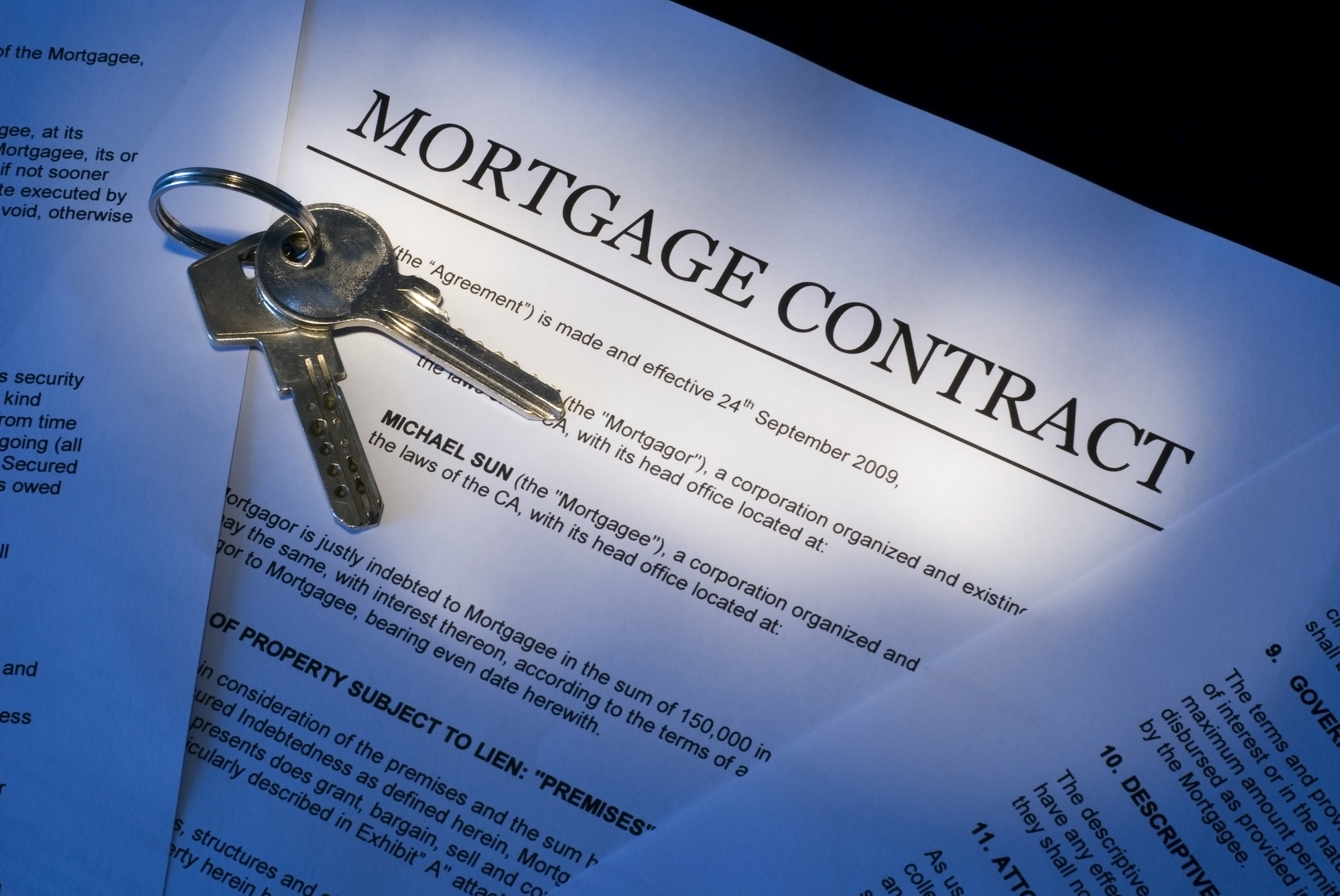Are you ready to buy a new home but concerned about financing it? If you’re looking into mortgages and starting to feel nervous, you’re not alone. Mortgages are a significant financial commitment and you want to make sure that you’ve evaluated all options before signing on the dotted line.
When you’re ready to level up with a new home, keep reading to learn 10 mortgage tips that you should keep in mind before applying!
1. Get Your Credit Score Up
A bad credit score isn’t a dealbreaker, but if you can get your score higher you may qualify for better rates. When you think a home purchase is on the horizon, pay extra attention to your score. You can obtain it from one of the three credit reporting agencies.
Look for errors in the report, and make sure that you only share your score with trusted individuals. Getting a loan to buy a house is a lot easier when you enter the lending process with a strong credit history. If your score is low, commit to improving it before moving forward in the mortgage application process.
2. Stay On Budget
When you’re buying a home, it’s easy to be tempted by the bells and whistles of more expensive homes. Be realistic about what you can afford and ask yourself how long you’ll be in the home. In other words, don’t buy more than you can afford.
Do some budgeting beforehand, too, where you consider other expenses. Any loan repayments, car payments, and savings goals will need to be mapped out alongside a mortgage payment to determine what is doable.
3. Get Quotes Before Choosing
It’s always a good idea to compare offers before accepting one. Visit multiple lenders to see what they are willing to offer. You even may be able to negotiate based on comparisons.
And don’t overlook smaller local banks. You might find some better options with banks in your town than you would with the national chains. Head into a meeting with a list of questions!
4. Know Your Downpayment Goal
It’s always wise to plan when it comes to buying a house. Unless you have a big pool of money saved up, chances are high that you’ll need to make a conscious effort to save for a downpayment.
Research the housing market to know what prices are in your comfort range. With other expenses in mind, determine a realistic downpayment. Know that some lenders require as little as 3.5% down, so you don’t need to hit the standard of 20%.
Set up a downpayment savings account with your bank and divert some income to it each month. That way you will be prepared to pull the trigger when the right house comes your way.
5. But Aim For 20% Down
If you can hit the magic 20% for a downpayment on a conventional loan, you’ll avoid having to pay mortgage insurance. If you go the route of a USDA or FHA loan, you’ll have to pay insurance — and you might have to pay it for the duration of the loan period.
While saving up $20,000 may involve tightening your other expenses, it will yield significant savings in your mortgage payments.
6. Have Money In Savings
If you’re burning through money to buy a house, that can make a mortgage lender nervous. They want to know that you have a stash of money squirreled away in case of emergencies, so keep money in your savings account. It shows that you’re a stable candidate for a mortgage.
7. Investigate Loan Types
There are many types of loans ranging from ones that target first-time buyers to ones that require very low down payments. You’ll want to sit down and review conventional loans as well as others to figure out what the best one for your situation is.
If you’re strapped for cash, don’t worry — you’re not disqualified from homeownership. FHA loans permit you to borrow 96.5% of the house’s value if your credit score is about 580. USDA loans go a step further and require no downpayment provided you meet their requirements.
8. Look At Fixed Versus Adjustable
The difference between these two loan types is pretty simple. Fixed rates loans are fixed from the time you sign the paperwork, while adjustable loans may see their interest rate fluctuate.
If you’re only thinking you’ll be in a home for a short while, you can take a chance on an adjustable-rate mortgage and save some money. The downside is that you may end up paying more each year if you stay in the house for a while.
Each loan has its pluses and minuses, so talk with lenders about your situation to see what option makes more sense.
9. Have Your Info Ready
You’ll need a copy of your credit score, tax returns, and evidence of employment, among other documents, before being approved. Mortgage lenders want to know that you are good for the money and financially stable. Having your documents ready will make it easier to gain their confidence when you fill out a mortgage application.
10. Ask Homeowners For Mortgage Tips
One of the best places to get advice on the mortgage application process? Current homeowners! If you have trusted friends willing to share their recent experiences, they can alert you to challenges and stumbling blocks.
They might even have lenders to recommend (and ones to avoid). You’ll get blunt advice that could help save you time and money!
The Bottom Line
Buying a home is a daunting process, and it can lead to lots of headaches for first-time buyers. But it doesn’t have to be that way. These mortgage tips can help you organize your finances and know what to expect before you sit down with a lender.
When you’re ready for more tips on how to build your best lifestyle, check back for more articles!

Leave a Reply